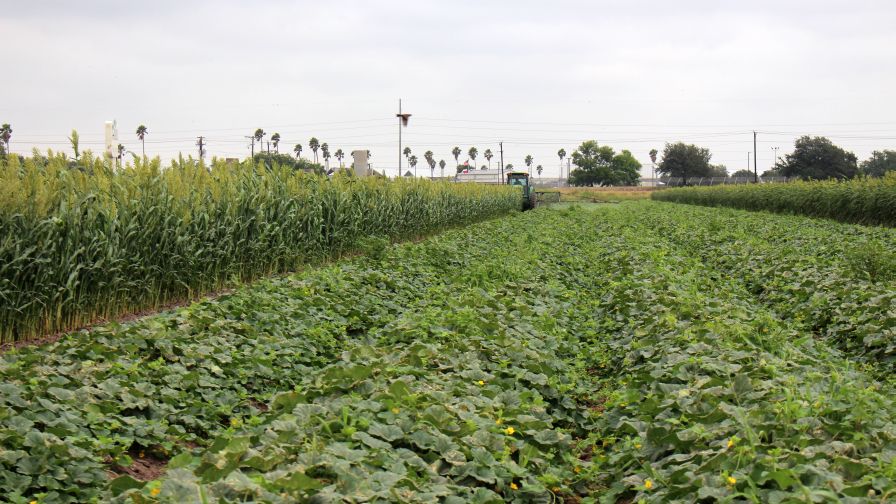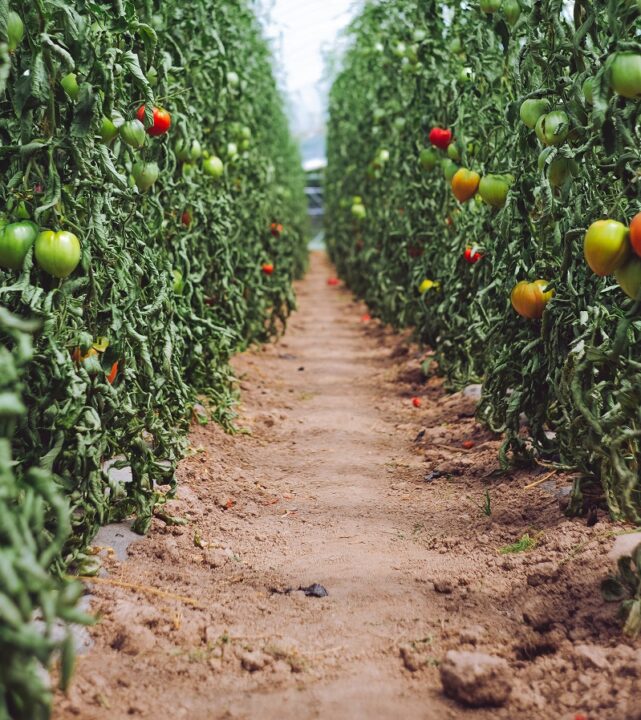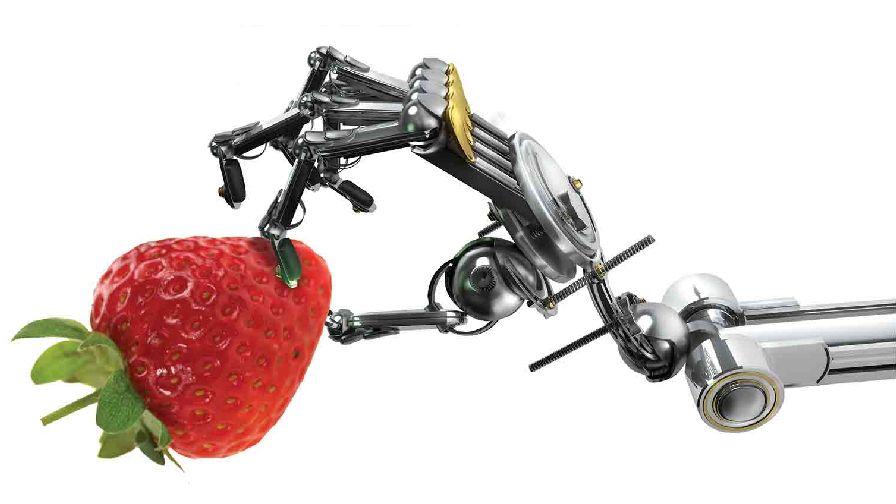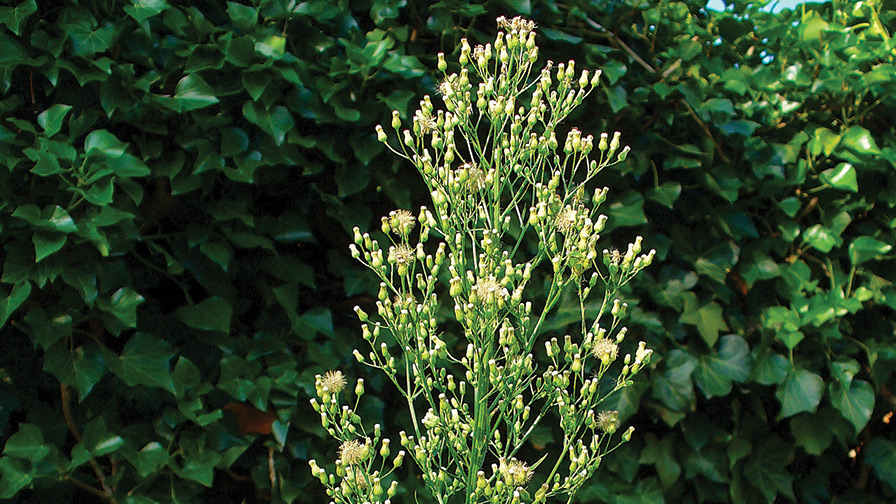Trunk Disease Battle Stepped Up
With trunk diseases devastating grape vineyards and other crops throughout the nation, $1.8 million in federal research funding has been secured in what is viewed as a major step to rid agriculture of this costly epidemic, National Grape & Wine Initiative (NGWI) officials announced Wednesday.
“Trunk diseases are the single biggest reason for removal of American vineyards,” said Vicky Scharlau, chairman of NGWI, which played a central role in obtaining the funding. “These resources will open the door for a distinguished research team to develop innovative approaches that we hope will contribute to treating diseases that rob the wine and grape industry of $200 million every year.”
The project, “New Detection, Research, and Extension Tools for Managing Wood-Canker Diseases of Fruit and Nut Crops” is the first multi-crop project which will tackle trunk diseases. In addition to grapes, trunk diseases also ravage the pistachio and almond industries, which are also backing the effort, funded under a two-year Specialty Crop Research Initiative (SCRI) grant.
Kendra Baumgartner of the USDA’s Agricultural Research Service (ARS) led the winning grant team in concert with NGWI. Joining her on the trans-disciplinary team will be ARS colleague Themis Michailides, as well as Grant Cramer of the University of Nevada, Reno. The team will pioneer innovative diagnostic tools, and hopes to include a mobile device application to aid in vineyard diagnoses of trunk diseases including eutypa and botryosphaeria.
“We will seek methods to detect disease symptoms in grape leaves and shoots, which would allow growers to know earlier whether their vines were infected,” said Baumgartner. “Our work will use state-of-the-art tools like special CT scans from Lawrence Berkeley Laboratory, to understand how these diseases affect vines at the molecular level, which will help lead to more effective treatment regimes.”
Acknowledging that trunk diseases are one the most critical challenges facing grape growers and producers, NGWI members are donating their own land as real-life laboratories for the experiments. This will include table grapes from two different regions, and wine grapes from five. NGWI members will also provide ongoing input as participants on the project’s advisory board.
“We are excited about this project not just because of its practical implications for the grape industry,” said Scharlau. “It also underscores the value of a system that allows agriculture to identify the needs and priorities so that innovative research can focus on solutions that will have the maximum impact.”
She said that these efforts to combat trunk diseases are a prime example of how SCRI was intended to work pursuant to the 2008 Farm Bill. “This grant should serve as a reminder to Congress about the need to ensure a vibrant SCRI program for the future,” Scharlau said.










